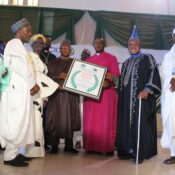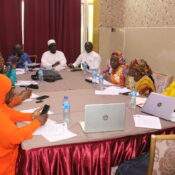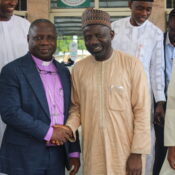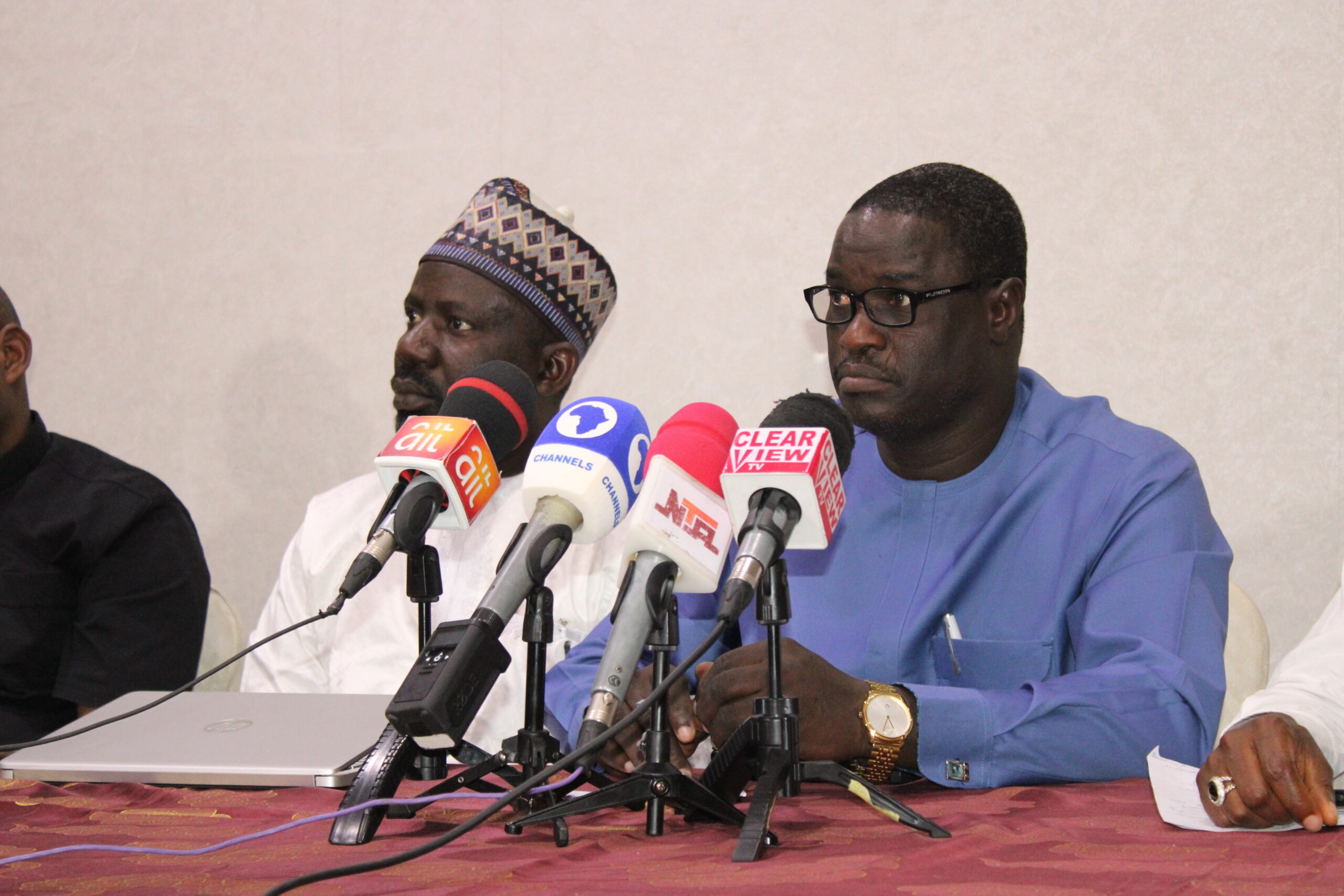
Nigeria’s 2023 General Elections: Emerging Issues and Threats to Peaceful Transition
Introduction:
As Nigerians prepare for decisive elections from 25th February 2023, the Interfaith Dialogue Forum for Peace (IDFP); a 120-member national interfaith and intercultural organization that is actively involved in the promotion of religious/ethnic unity and peaceful coexistence in Nigeria have assessed the state of preparedness of the elections and call on the institutions, groups and persons that have critical roles to play to ensure that they deliver on their mandate in order to have peaceful, fair, transparent and credible elections in Nigeria.
The IDFP hereby raise key issues and concerns that can shape the quality and credibility of the polls and highlights the way forward that would prove crucial for the future of elections and the country at large.
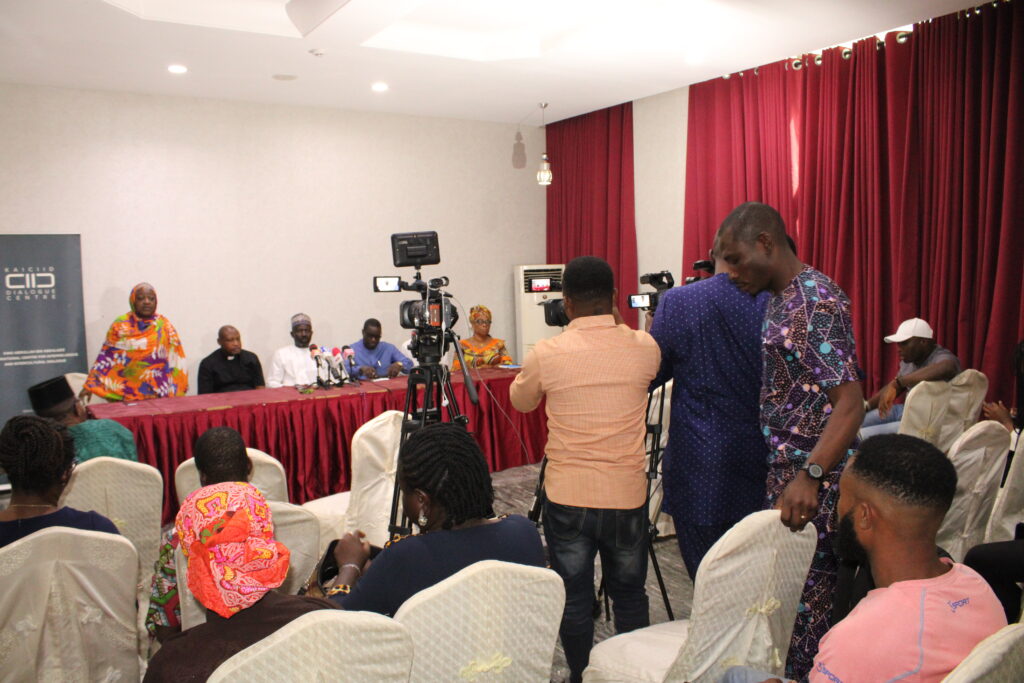
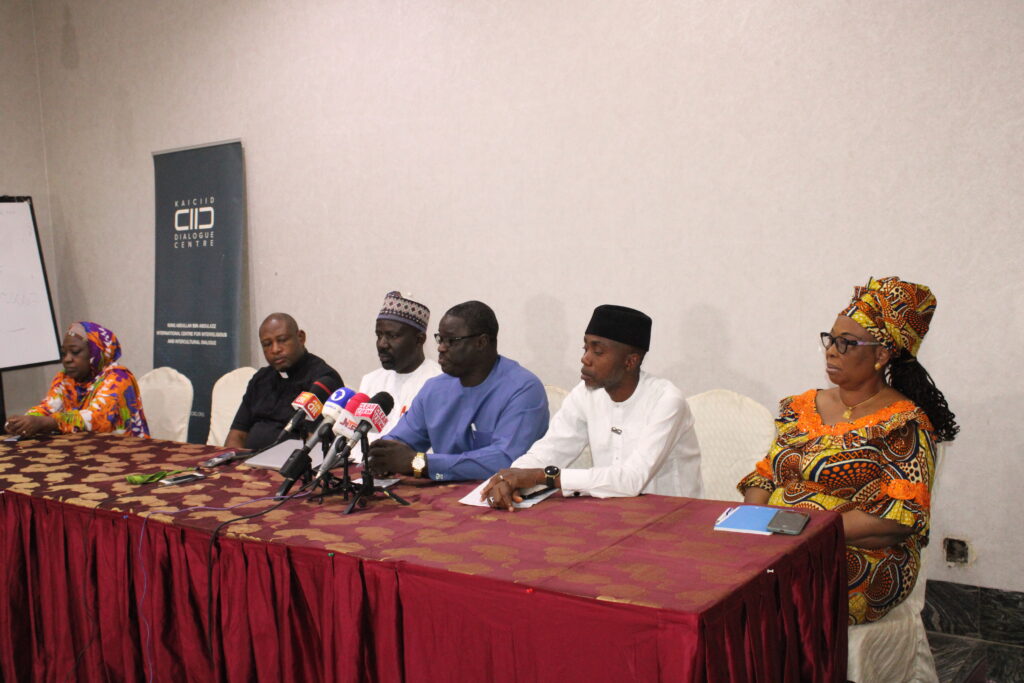
Our Concerns:
- Negative Trend of Endorsement of Candidates;
Nigeria’s politics is greatly divided across religious, ethnic, regional, and political party lines, the emerging trend of religious leaders, political actors and groups openly endorsing candidates based on primordial sentiments portends a threat to democratic ideals. These actions are further deepening the divide between groups and creating a sense of disillusion among the citizenry.
- CBN New Naira Note Policy
Since the rollout of the new naira notes, Nigerians have suffered untold hardship in their attempts to access the new currencies for their daily needs and businesses. The naira redesign may have been intended to help the economy but the ordinary citizens have faced the brutal brunt of this policy.
- Insecurity
The elections are set to take place against a backdrop of violent conflicts, armed banditry, terrorism and heightened insecurity across more than two-thirds of Nigeria’s landscape. Similarly, the culture of impunity for abuses by security forces and other actors during the general elections remains a concern. There have also been security threats from multiple groups across the country who have been trying to undermine the elections.
- INEC Preparedness
Past elections have witnessed incidences of poor delivery of election logistics in transporting materials to all polling units at the stated time and this time, the issue may be compounded with the issue of fuel scarcity.
Incidences like the burning or stealing of some of the commission’s materials, fake names on the electoral register and under-age registrations in some parts of the country raise questions about its possible connivance. There have also been concerns raised on the efficacy of the BVAS to deliver on a credible election due to previous lessons from elections held using the machine with a clear example of the Osun state.
- Acceptance of Election Outcome: Risks of Post-election Tensions
The credibility of the 2023 general election will depend greatly on the degree to which citizens can vote freely, securely and that their vote counts. Beyond the tensions that may flare before or during the polls, a further threat could arise from disputes over the results. Nigeria’s gravest election violence in the past, notably in 2011, has been triggered by such disputes.
Concerns already swirl around the elections’ integrity, with some doubting the credibility of the voters’ register and others alleging plots by parties or candidates to buy massive numbers of votes.
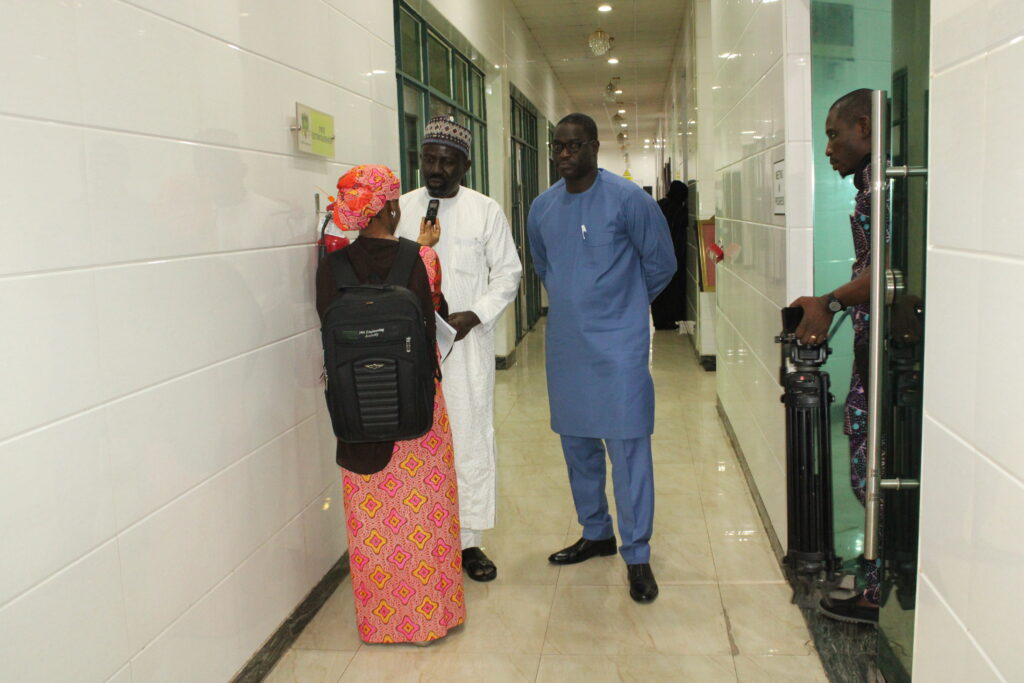
Way forward
- Improving the Security Landscape
The security forces should step up operations against armed groups and protect electoral commission offices countrywide as well as the polling units and collation centres. Insecurity should not be used as a tool to serve political interests such as voter suppression in some parts of the country.
- Stop Impunity
An important step toward mitigating electoral violence is to curb the impunity that emboldens perpetrators. Several laws including the Public Order Act, the Nigeria Police Act and the Electoral Act of 2022 include penal sanctions for such misconduct. The judiciary should speedily punish those behind election violence while political parties and their supporters should tone down inflammatory rhetorics.
- Curb fake News and Misinformation
A third important step in defusing tensions is to curb fake news about candidates and the election processes. To counter such distorted narratives, media organisations should battle misinformation through vigorous and speedy fact-checking. Media houses should also ensure balanced and responsible reporting and provide quality information that will help voters understand the parties’ manifestoes and the candidates’ track records. Civil society organisations should also step up their advocacy for a healthier information environment.
4. Ending Scarcities of Fuel and Cash
The government must ensure a transparent and efficient supply and distribution of petroleum products throughout the country to ease the sufferings of Nigerians.
The Central Bank should boost its supply of the new naira notes to commercial banks. Anti-corruption agencies should intensify their watch over banks to ensure that they distribute the new notes for public use, rather than hoard them.
5. Conduct of Electorates:
The IDFP urges electorates to conduct themselves in an orderly and peaceful manner before, during and after the elections to ensure a successful election and transition to a new democratic government in the interest of a united, progressive and developed nation. Citizens are reminded to document and report any threat to the elections to the relevant security and election officials and to remember that we are Nigerians and Nigeria is the ONLY country we have.


